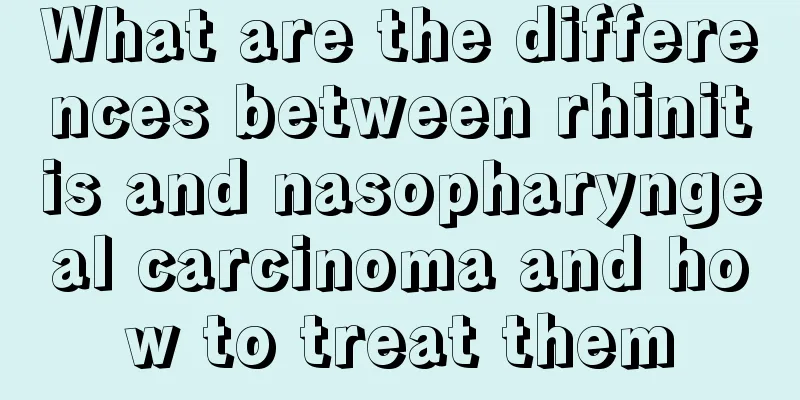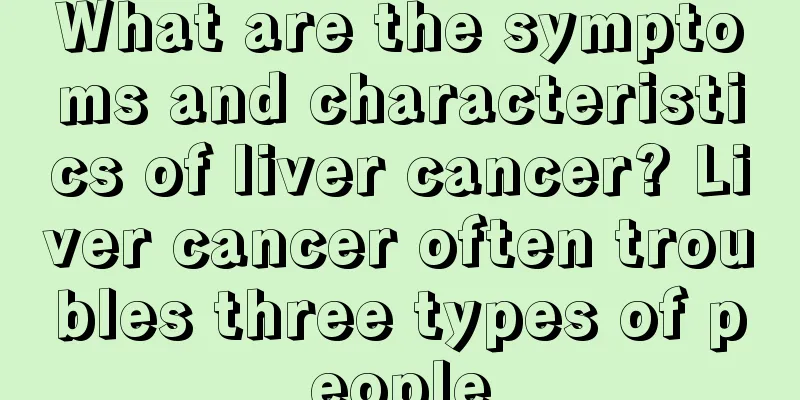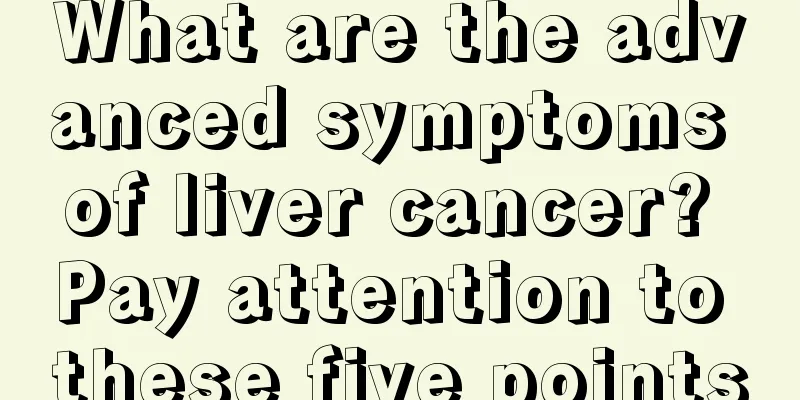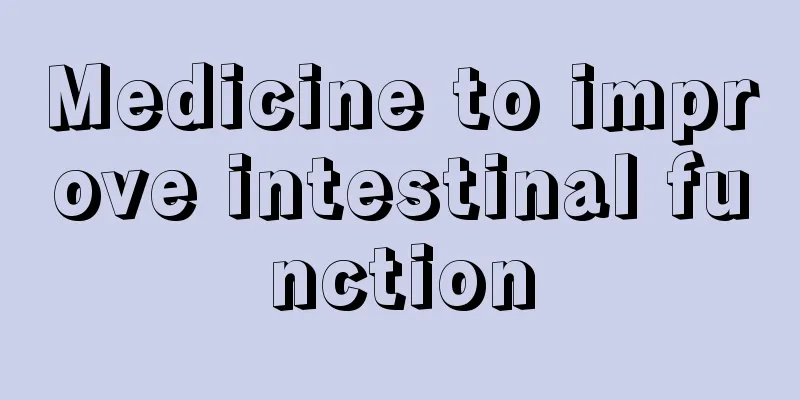What are the differences between rhinitis and nasopharyngeal carcinoma and how to treat them

|
Cancer is a very serious symptom. For example, nasopharyngeal cancer can cause nose bleeding, dizziness, etc. So what is the difference between rhinitis and nasopharyngeal cancer? How to treat it? What is the difference between rhinitis and nasopharyngeal carcinoma? The symptoms of nasopharyngeal carcinoma are similar to those of rhinitis, such as nasal congestion and discomfort. Although nasopharyngeal carcinoma also causes nasal congestion symptoms, its severity is related to the location of the cancer. Nasal cancer usually starts with unilateral nasal congestion. As the location of the cancer increases, the nasal septum is squeezed to the other side, resulting in bilateral nasal congestion. Nasal congestion in nasopharyngeal carcinoma is progressive and sustainable. Chronic rhinitis patients have a history of frequent colds. Nasal congestion alternates and is related to posture. When lying on one side, the nasal congestion on one side is aggravated, while the other side is well ventilated. How is nasopharyngeal cancer treated? 1. Radiotherapy. Radiotherapy is the first choice for treating nasopharyngeal carcinoma. Cobalt-60 radiotherapy is superior to deep x-ray and can also be used for intracavitary laser therapy. Radiotherapy has a more direct killing effect on cancer cells, but the adverse reactions are relatively large and will damage normal cells. 2. Induction chemotherapy: Induction chemotherapy can quickly relieve various adverse clinical symptoms of nasopharyngeal carcinoma patients and reduce pain. Especially for patients with locally advanced nasopharyngeal carcinoma, it can improve the efficacy to a certain extent, reduce the probability of recurrence, and effectively control distant small metastases. For patients with advanced nasopharyngeal carcinoma who are not suitable for radiotherapy, induction chemotherapy can be fully implemented to stabilize the disease. The effectiveness of induction chemotherapy is a powerful indicator for predicting the prognosis of nasopharyngeal carcinoma patients. The next treatment plan can be determined based on their response, which has a profound impact on improving long-term efficacy. 3. Adjuvant chemotherapy: There are not many clinical studies on adjuvant chemotherapy III, and most of them have no positive results. Adjuvant chemotherapy is particularly important for nasopharyngeal carcinoma, exploring new effective drugs and appropriate dosage strengths, selecting high-efficiency and low-toxic drugs, and reducing their toxic reactions. Through the above introduction, everyone knows that there are obvious differences between rhinitis and nasopharyngeal carcinoma. Nasopharyngeal carcinoma is more harmful to patients, so if the disease is discovered, it must be treated in time. |
<<: Small cell lung cancer metastasizes to the neck lymph nodes in the late stage
>>: How to prevent nasopharyngeal cancer? What should we pay attention to in diet?
Recommend
What is the cause of aortic valve degeneration
There is a certain relationship between aortic va...
How to remove dead skin on legs
If we want to remove the dead skin on our legs, w...
Lung cancer requires different steps according to different situations
Lung cancer is a very common primary malignant tu...
Hypertension drug classification and representative drugs
Hypertension is a disease with a very high incide...
What are the treatments for knee osteoarthritis?
Knee osteoarthritis is a very common disease that...
What factors can lead to the occurrence of cervical cancer in women
The cause of cervical cancer is still not complet...
What to eat for breast enhancement
What to eat to enlarge breasts? This is a questio...
What are the red spots on the skin of the wrist?
The structure of human skin is relatively complex...
What is the function of anhydrous sodium sulfate
In life, many people have heard of the substance ...
What is the transmission route of hepatitis C
Hepatitis C is a common viral liver disease with ...
Can gastroscopy detect stomach problems? What other diseases can be checked
Many people know about gastroscopy. It is a commo...
Key points for diagnosis of acute orchitis
Key points for diagnosis of acute orchitis. Nowad...
Can arsenic supplementation prevent stomach cancer?
According to research by Chinese scholars, arseni...
What should I do if I can’t sleep after drinking coffee at night?
When it comes to coffee, many people are familiar...
Can people with high blood pressure eat mussels? How to eat them
Hypertension is one of the more common diseases i...









